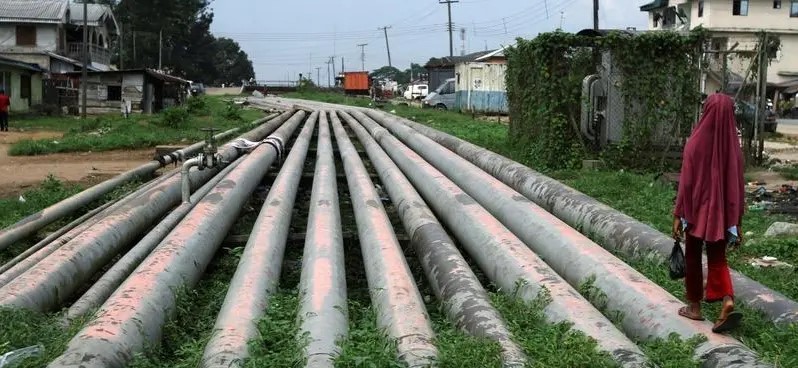(3 Minutes Read)
Uganda started own importation of fuel in early July, ending an era of Kenya-controlled importation and supply of refined products for the land-locked country. The neighboring country imports oil products through a deal between the Uganda National Oil Corporation (Unoc) and Vitol Bahrain.
Kenya and Uganda have opened talks on extending the petroleum pipeline to Kampala. Billed as a major infrastructure development, the project will shape the region’s fuel imports market.
Uganda started own importation of fuel in early July, ending an era of Kenya-controlled importation and supply of refined products for the land-locked country. The neighbouring country imports oil products through a deal between the Uganda National Oil Corporation (Unoc) and Vitol Bahrain.
This is a similar arrangement to Kenya’s government-to-government deal with the Gulf oil majors. Kampala is hoping to lower pump prices below what was being offered by dealers in Kenya. It, however, continues to use Kenya’s Port of Mombasa (New Kipevu Oil Terminal) and Kenya Pipeline Company (KPC)’s infrastructure to have its products delivered to the Eldoret depot, before last-mile delivery by road.
Uganda’s Energy minister Ruth Nankabirwa is leading a delegation. Recently, she chaired a bilateral meeting with Kenya’s Petroleum PS Mohamed Liban together with KPC managing director Joe Sang, among other top Kenya Pipeline managers, where they reviewed the proposed Eldoret Kampala Refined Petroleum Products Pipeline.
The proposed Pipeline was conceived in 1995 under the Joint Co-ordinating Commission (JCC) and was set up through a Memorandum of Understanding (MoU) between Uganda and Kenya. The feasibility study for the Eldoret to Kampala pipeline extension was awarded to an international firm in 1997 with a report submitted in 1999.
This was after a study funded by the European Investment Bank indicated the project was feasible, including a further extension to Rwanda. President William Ruto and Uganda’s Yoweri Museveni revived the plans in May this year, agreeing to extend the pipeline to ensure the supply and security of petroleum products in Uganda.
Read Also:
Kenya is expected to build a line to from Eldoret to Malaba (Kenya-Uganda border), with Uganda putting up a link line to Kampala. The pipeline will extend to Kigali in Rwanda and possibly Bujumbura (Burundi) in the future, with each country responsible for the development of the infrastructure within its borders.
However, a joint “transaction advisor” will be selected to maintain quality control. Kenya has in recent years lost a sizeable export market for petroleum products to Tanzania, with Uganda being a major battleground for the two countries.
Meanwhile, Kenya and Uganda are also mulling the extension of the Standard Gauge Railway from Naivasha to Malaba and further to Kampala and DRC, as “an efficient and sustainable infrastructural artery for the transportation of goods.”





